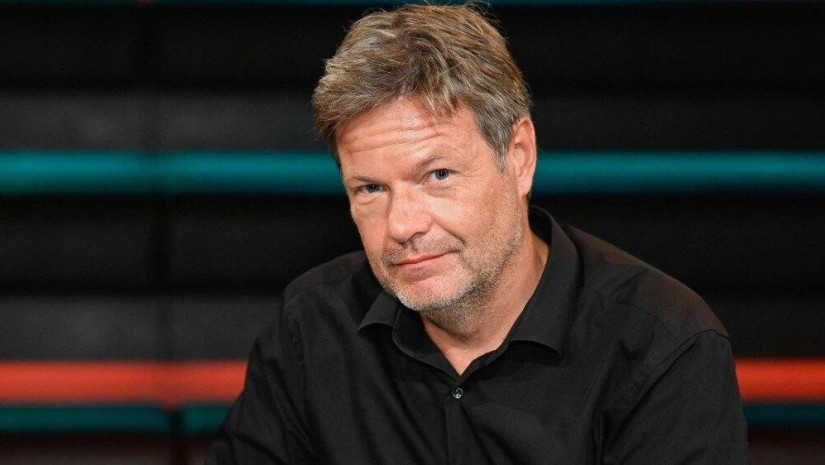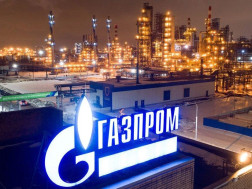Germany must limit its use of gas for electricity production and prioritize the filling of storage facilities to compensate for a drop in supply from Russia, Economy Minister Robert Habeck said Sunday.
In a move that goes against the principles of his environmentally-friendly Green Party, the country will also have to increase the burning of coal, Habeck said.
Russian gas company Gazprom announced last week that it was reducing supplies through the Nord Stream 1 pipeline for technical reasons, saying there had been delays in the repair of compressor turbines by the German company Siemens Energy.
Germany has come under intense criticism in the past, particularly from the United States, for its reliance on cheap Russian energy sources, which Washington has always seen as a security risk for Europe.
What is the government planning?
"To reduce gas consumption, less gas must be used to generate electricity. Coal-fired power plants will have to be used more instead," the Economy Ministry said in a statement.
Habeck also said more gas had to be pumped into storage facilities. "Otherwise, it will be really tight in winter," he said. Currently gas storage facilities in Germany are around 57% full.
Habeck lamented the necessity to use more coal to produce electricity, but described the current situation as serious.
"That's bitter, but it's simply necessary in this situation to lower gas usage,'' he said. The coalition government has made it its goal to make German energy production coal-free by 2030.
Habeck has proposed putting a cap on domestic heating, and the government also wants to set up a gas auction model this summer to incentivize the saving of gas by industry.
Under the scheme, industrial customers who can do without gas will reduce their consumption in exchange for financial compensation.
The gas saved will then be put into storage.
The government is also planning an additional credit line of €15 billion ($15.7 billion) via the state bank KfW to enable the German gas market area manager Trading Hub Europe to buy gas to fill the storage facilities.
Fracking proposal
The third party in the government coalition, the neoliberal Free Democrats (FDP), has also called for Germany to reconsider its 2017 ban on unconventional fracking amid the supply problems.
Fracking is a process for extracting oil and gas from shale rock using chemicals and pressure considered by many environmentalists as extremely damaging to nature.
But the FDP's parliamentary director Torsten Herbst told the Welt am Sonntag newspaper that such objections were no longer relevant.
"As scientific studies show, under modern security standards fracking causes no relevant environmental damage," he said.
Referring to the fact that Germany intends to import fracking gas from the US, he said that those in favor of the move could not oppose the promotion of safe fracking in Germany itself, DW reports.
















